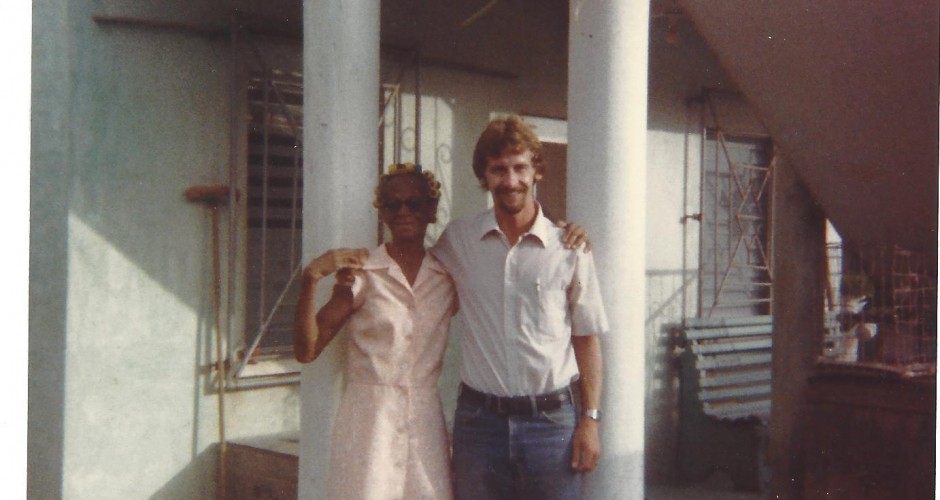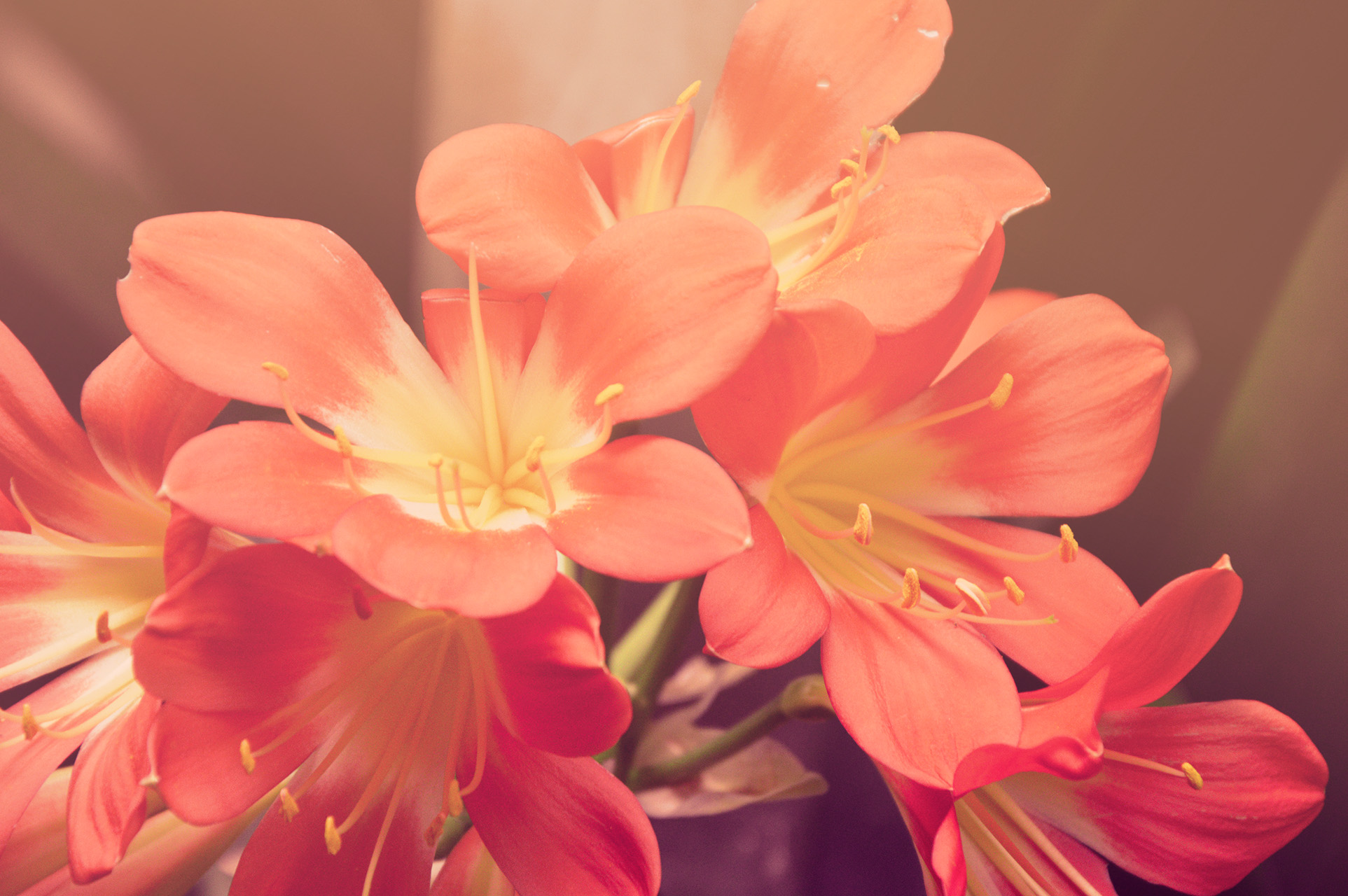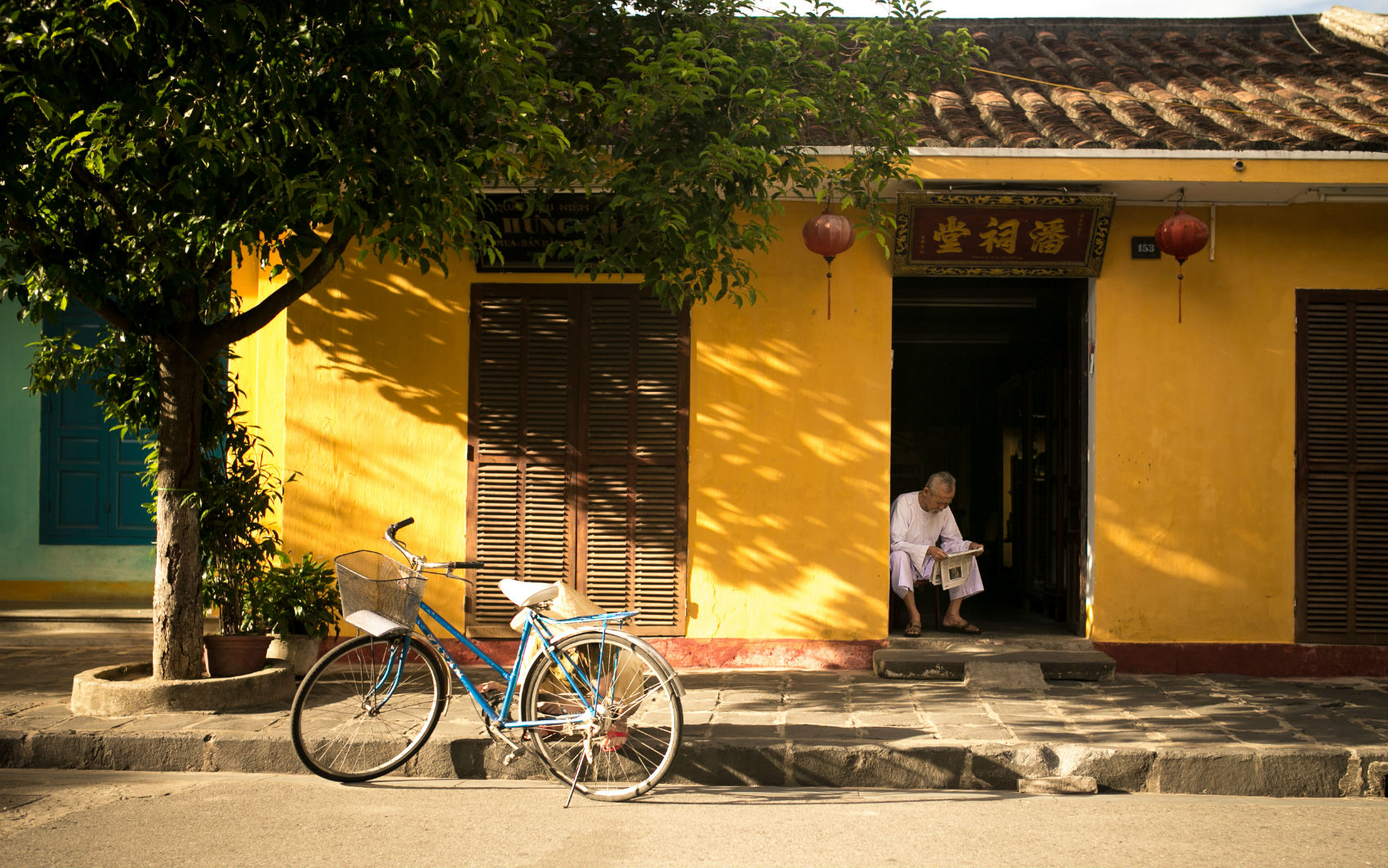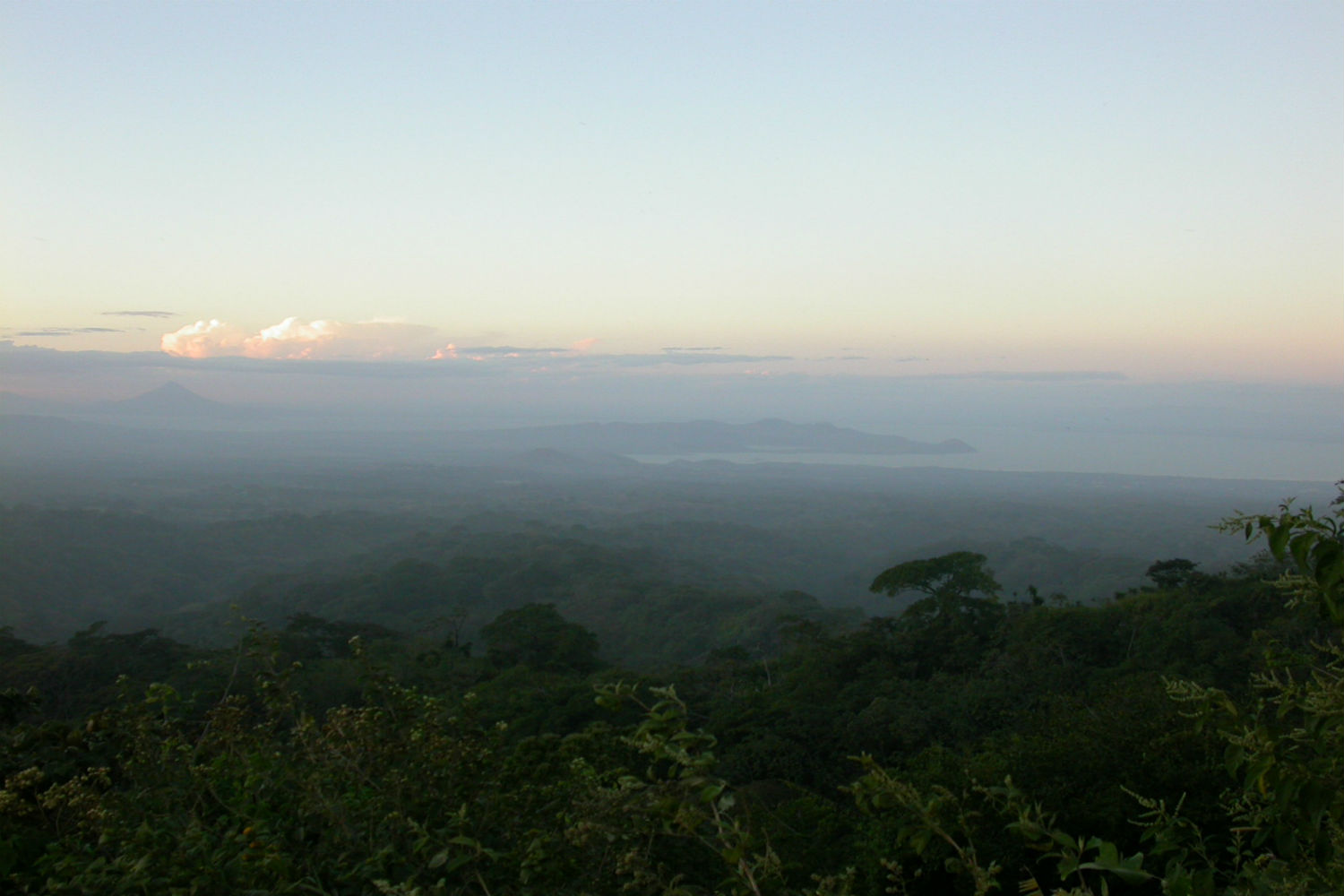Mrs. Gladys Sutherland, my host mother in Belize City, was a devout Catholic. She would get up every morning between 3:30 and 4:00 a.m. to go to Mass, and then come home and get her husband ready for the day. He was a large man, and couldn’t walk very well, so it was quite a chore to get him around.
She was a great cook. The meals that she prepared from scratch were healthy, and there was always enough. My absolute favorite meal was chicken, rice and beans, greens, and fried plantains. She would grate the coconut, squeeze out the milk and cook the rice in it. It was heavenly. When I came back, I tried to make fried plantains like she did, but it was never the same.




